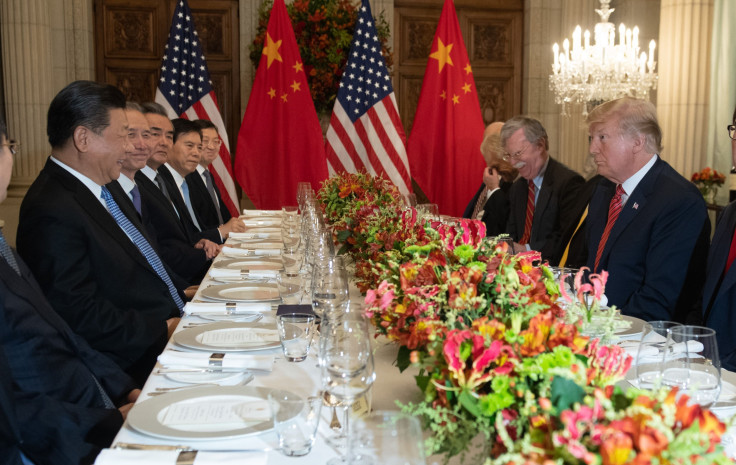US-China Trade Talks: Will There Be A Breakthrough?

The proposed U.S.-China trade talks on Jan. 30-31 have aroused global interest. In the talks, trade representative Robert Lighthizer and Treasury Secretary Steven Mnuchin will lead the U.S side.
China’s Vice Premier Liu He will lead the Chinese side and will be assisted by Vice Commerce Minister Wang Shouwen, Vice Finance Minister Liao Min and central bank governor Yi Gang.
The U.S. has attached great importance to the talks though the chances of a breakthrough remain uncertain.
There is only about five weeks to go for the U.S. deadline to impose additional tariffs on $200 billion of Chinese goods.
Both Washington and Beijing are locked in a fierce trade dispute since last year. President Donald Trump wants Beijing to cut down the trade deficit, which zoomed to an all-time high in 2018, compared to the last 10 years.
In late 2018, both countries decided to enforce a 90-day truce for holding negotiations and to withhold all tariff action until the talks get over.
The two sides disagree on many issues. The U.S is miffed with China’s protection of intellectual property and wants to set right the imbalance in goods flows between the two countries.
The presence of China's Central bank Governor Yi at the talks is notable. He had accompanied Liu for an earlier round of trade talks held last May. The central bank oversees yuan’s exchange rate and Mnuchin has said that it is a vital part of the talks.
In China, the PBOC is not autonomous and is under the control of the government.
Commerce Secretary Wilbur Ross expressed optimism that the U.S. and China will resolve their differences. Speaking on Bloomberg TV, Ross said the outcome of talks will hinge more on Beijing’s readiness to deepen economic reforms and offer of greater access to markets.
Meanwhile, the chief executive of a major asset management firm has called the trade talks with China a prelude to the starting a “new world order.”
Speaking at the World Economic Forum in Davos, Investec's CEO Hendrik du Toit said “if we get a dysfunctional world order after very good business in the last 20, 30 years since communism’s fall” there may be many challenges to address.
For China, the challenges include a slowing economy, which many attribute partly to the trade war. China's GDP grew 6.6 percent in 2018, its slowest pace in three decades.
Compounding the problem is the fear of a global economic slowdown, after the IMF cut global growth outlook saying the economic expansion of the past years is losing momentum.
© Copyright IBTimes 2024. All rights reserved.





















